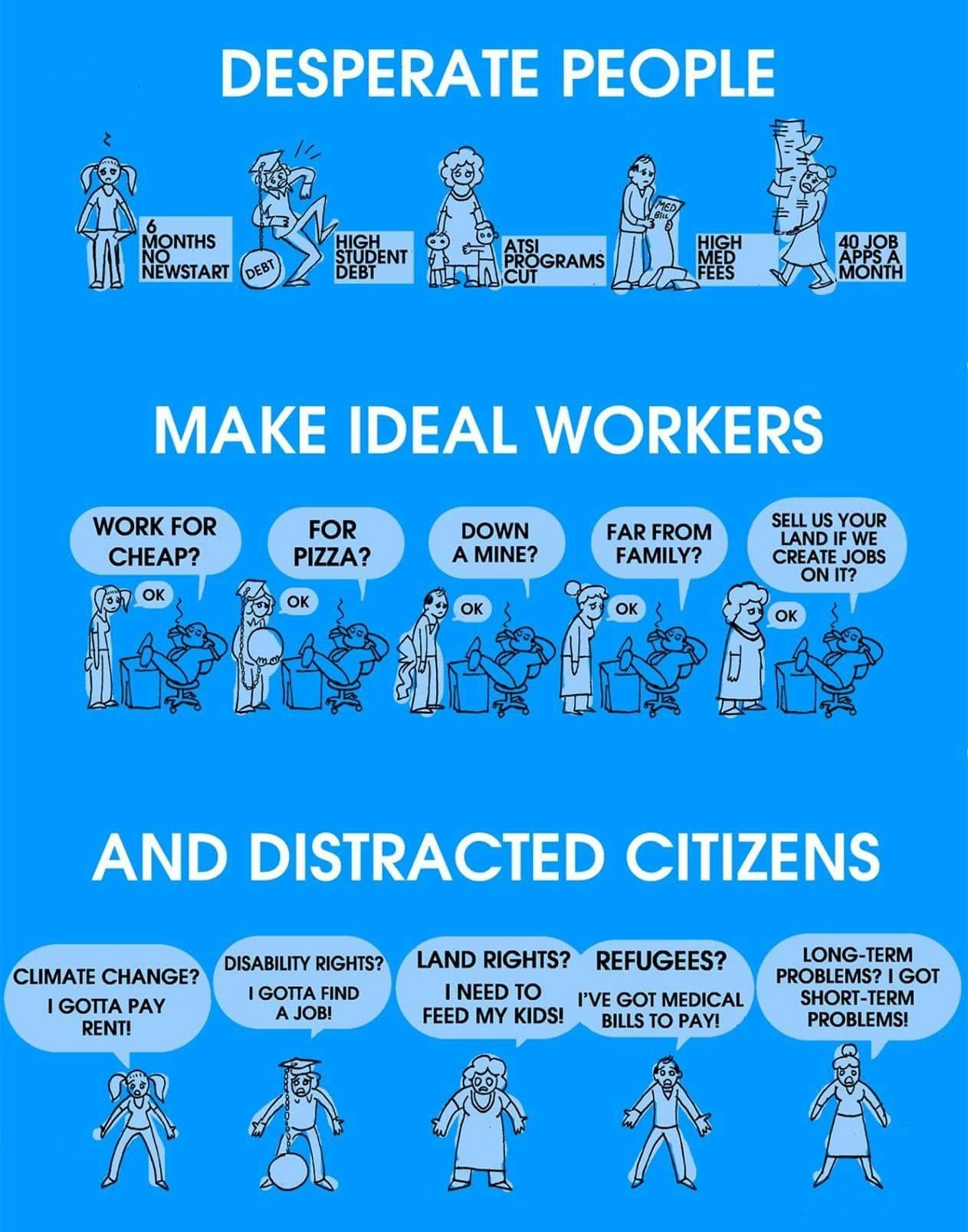- 1 Post
- 27 Comments

 308·20 days ago
308·20 days agothen a permanent ceasefire and withdrawal of Israeli troops from Gaza, and ultimately the reconstruction of Gaza and return of Palestinians to their homes.
I don’t have anything to add, but want to ask a question about this part: what fucking homes?!?!
“Ok, you can go back home now. Btw, it’s a pile of rubble now, so good luck with that. Bye!”
expanding the military by 100x
Send massive amounts of money to defense contractors…
entirely cut all post-separation benefits for anyone that is conscripted
without any future liability obligations…
you could expect to see that number triple, easily
and leaving tons of room to grift…
cutting everything else that taxes are spent on
all while also getting to fuck over the poors?
Somewhere, a senator just spontaneously jizzed his pants.

 3·24 days ago
3·24 days agoMy dad bought me a ridiculously expensive (like $400) Samsung vacuum that I loved. It was strong, it came apart in really cool ways to make it versatile, etc.
It failed in less than a year.
The $60 Walmart special Bissell that I went and bought to replace it lasted for 8.5 years before the motor burned out (I screwed up and it got too much pet hair in it). I bought the same one again and it’s going on 5+ years with no issues.

 34·27 days ago
34·27 days agoYup. That episode aired December 2008. r/explainlikeim5 was created in 2012. Can’t tell when r/eli5 was created, as it’s now private.
Yup, 50/50 crapshoot on whether that works each time I open the app.
Damnit! I missed the Dance Rave again!

 1·1 month ago
1·1 month agoThat does not describe his lawyers…

 2·1 month ago
2·1 month agoJurors are not issued security clearances.
https://www.politico.com/news/2023/06/14/trump-trial-classified-documents-public-00102023
AI summary of the process using the article and other sources -
The process of presenting classified information at a trial involves careful adherence to the Classified Information Procedures Act (CIPA), which provides a framework for handling such sensitive materials while balancing national security interests and the defendant’s right to a fair trial.
-
Pretrial Procedures:
- A pretrial conference is held to discuss how classified information will be managed. The court issues protective orders to prevent unauthorized disclosures [❞] [❞].
- The government can request to delete or redact classified information from discovery or provide unclassified summaries instead. This request is typically made in a private (ex parte) and closed (in camera) session with the judge [❞] [❞].
-
Defense Counsel Clearance:
-
Use at Trial:
- Before trial, defendants must notify the court of any classified information they intend to disclose. The court holds a hearing to determine the admissibility of this information, and the government may propose substitutions or redactions [❞] [❞].
- If the court deems the classified information relevant and admissible, the government can suggest unclassified summaries or stipulations to ensure the defense can still present their case effectively [❞].
-
Jury Considerations:
- Jurors typically do not need security clearances. Instead, the court ensures that any classified information presented at trial is sufficiently sanitized or summarized so that it does not compromise national security but still conveys the necessary details for the case [❞].
-
Interlocutory Appeals:
- The government has the right to appeal pretrial court decisions that it believes improperly compel the disclosure of classified information. This is a crucial mechanism to protect sensitive information throughout the trial process [❞].
This structured approach aims to protect classified information while upholding the integrity of the judicial process.
-

 17·1 month ago
17·1 month agoThat show had no business being as great as it was.

 40·1 month ago
40·1 month agoWarrant for arrest = death sentence
Cool cool cool cool…
That joke has a bit of a history

 2·2 months ago
2·2 months agoNote: This is just for Federal crimes. State crimes are separate.

 1·2 months ago
1·2 months agoFrom Gemini:
This video reports a mistaken identity case where a man, Jamie Rogers, was pulled over by the police under the suspicion of driving a stolen car. The car, a Kia SUV, was actually a loaner vehicle provided by the dealership while Jamie’s own car was in for repairs.
The video starts with a police bodycam footage showing the officer yelling at Jamie to step out of the vehicle and put his hands in the air. Jamie complied with the officer’s instructions and expressed confusion about the situation. The officer believed the car was stolen and threatened to shoot Jamie if he did not follow his instructions.
Jamie reported that the whole experience was terrifying. He thought he was going to be shot by the officers. His wife, Natalie, was also very scared after she received a call from the dealership about the stolen car. She worried that Jamie might have been injured or even killed during the police stop.
The misunderstanding arose because the dealership misplaced the loaner agreement. The couple is now suing the dealership because of the psychological trauma they endured. Their lawyer argued that the police report could have been avoided if the dealership had double-checked their records. The video ends with Jamie and Natalie expressing their frustration with the dealership. They are thankful that their children were not in the car during the incident, but they cannot help but shudder to think what could have happened.

 1·2 months ago
1·2 months ago“Delusions of adequacy” is a fantastic line.

 34·3 months ago
34·3 months agoThey were beating officers and breaking doors and windows so they could get into the chambers and shake the hands of their elected representatives!





There should be a debate where the nominees get to choose a champion to take their place.
Jon “The Bow-Tie Butcher” Stewart
vs
Vivek “The Right Shade of Brown” Ramaswamy
I think this might be an idea that’s so stupid, it’s awesome.